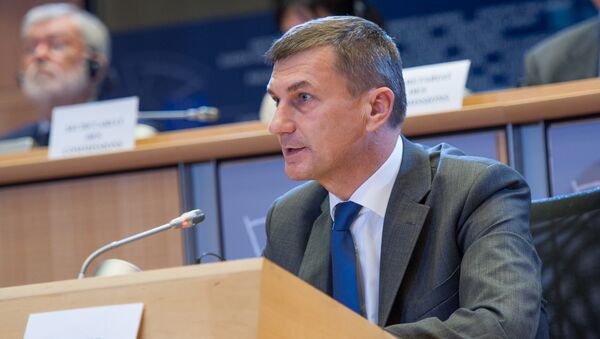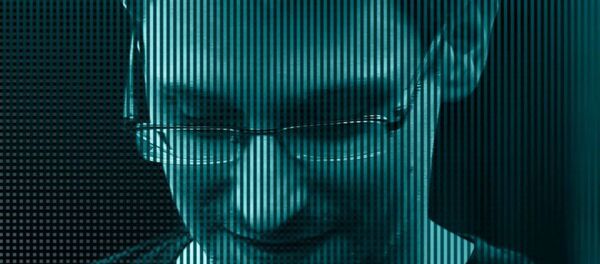His comments at the mobile World Congress in Barcelona come amid increasing opposition to a request by the FBI to Apple to create a backdoor to the iPhone.
Talking w/ Mark: I’m against backdoors that can be misused. National identification systems must be protected #MWC16 pic.twitter.com/mxdZp1VQ7D
— Andrus Ansip (@Ansip_EU) February 23, 2016
The argument arose following the terrorist attack in San Bernardino, California, on December 2, 2015, in which 14 people were killed and 22 were seriously injured. In its investigation into the attack, the FBI requested data from Apple on an iPhone that belonged to one of the attackers. Although Apple complied with many of the requests, the FBI wanted more.
Tim Cook open letter in response to FBI demands regarding the San Bernardino shooter.https://t.co/0bZ6HzGkYc pic.twitter.com/afdiLVqUe1
— Fabrice Roux (@notfabrice) February 17, 2016
According to Tim Cook, CEO of Apple: "Specifically, the FBI wants us to make a new version of the iPhone operating system, circumventing several important security features, and install it on an iPhone recovered during the investigation. In the wrong hands, this software — which does not exist today — would have the potential to unlock any iPhone in someone's physical possession."
Without consumer trust, #mobile will not reach full potential. Without trusted digital IDs, digital economy cannot work effectively #MWC16
— Andrus Ansip (@Ansip_EU) February 22, 2016
Asked about the Apple case, Ansip told EurActiv.com:
"I don't want to talk about specific court cases. It is up to the US authorities to deal with this issue. But my views in this field are pretty well known. Identification systems are based on encryption. I am strongly against having any kind of backdoor to these systems."
Privacy v State Security
"In Estonia, for example, we have an e-voting system. If people trust an e-banking system, they can also trust an e-voting system. This trust is based on a strong single digital identity guaranteed by the government, which is based on encryption. The question is who will trust this e-voting system if there are some back doors and someone has the keys to manipulate the results. The same goes for the e-banking system," he said.
Ansip said there was a real need for encryption and that a balance needed to be made between privacy and state security.
"I don't want to blame the Internet for all the bad things around the world. We have to protect everybody's privacy and also to provide security to our people, and to allow the free flow of data. I don't see a contradiction between these goals," Ansip said.
"As it will be the case with connected cars, systems have to be based on strong encryption and (have) no back doors. This is my view, but I don't want to argue with the US government."



